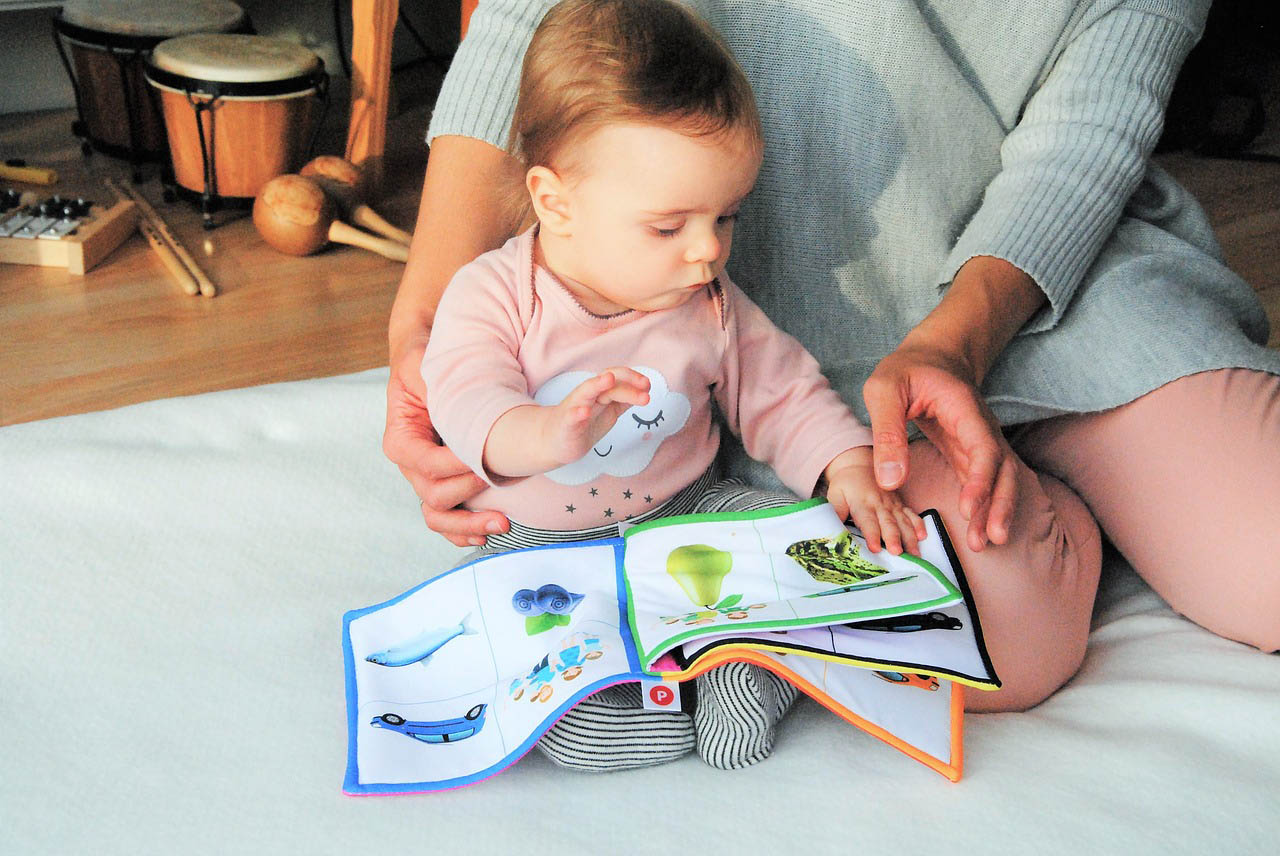Expensive childcare makes it less likely that mothers will return to work

Women in the UK who have children are less likely to be in paid work than men who have children or other women who don’t, according to researchers at the University of Essex.
The researchers used Understanding Society, the UK Household Longitudinal Study, to observe the work choices of women before they had a baby and for three years afterwards. They found that 67% of the women studied were in some form of employment before they had a child (37% were employed full-time, 17% part-time, and 13% were self-employed); 33% were out of the labor force.
Three years after having a child, though, only 55% were still in employment, and the balance had changed (20% were employed full-time, 28% part-time, and 7% were self-employed); 45% were not in paid employment. Relatively few fathers changed their employment pattern, with more than 80% staying in full-time work or being self-employed.
While women’s labor force participation has rapidly increased in most countries, mothers still struggle to achieve a satisfactory work–life balance, writes Daniela Vuri in her IZA World of Labor article on childcare policies and maternal employment. The University of Essex study indicates that while some women choose not to combine motherhood and paid work, the decisions of others may be affected by the availability of affordable childcare.
Women who lived in the top 25% most expensive areas of the UK for childcare were significantly less likely to take up part-time work than women in areas with cheaper childcare. However, childcare costs seemed less important in the work decisions of women in full-time employment.
Access to informal childcare, like grandparents, also had an effect, with 74% of women who used informal childcare returning to work by the time their child was three years old, compared to just 47% of women who didn’t.
Single mothers were also hit particularly hard: the proportion of mothers who returned to work, or took up employment, after having a child was much higher for women who lived with a partner.
“Supporting mothers who want to remain in, or return to, the workplace increases family income, reduces the need for benefits and improves productivity by retaining women’s valuable skills,” say the researchers. “Providing more affordable childcare and supporting women to return to work could give all parents, whether mothers or fathers, single or living with a partner, more choices about how they combine work and family life.”
Vuri writes that “[a]ccessibility, affordability, and quality [of childcare] are all important.” She believes that the best option for policymakers could be “to introduce policies that target the population for which childcare costs and availability pose the most significant barriers to entering the labor force.”
Read more IZA World of Labor articles on childcare policies and maternal employment.